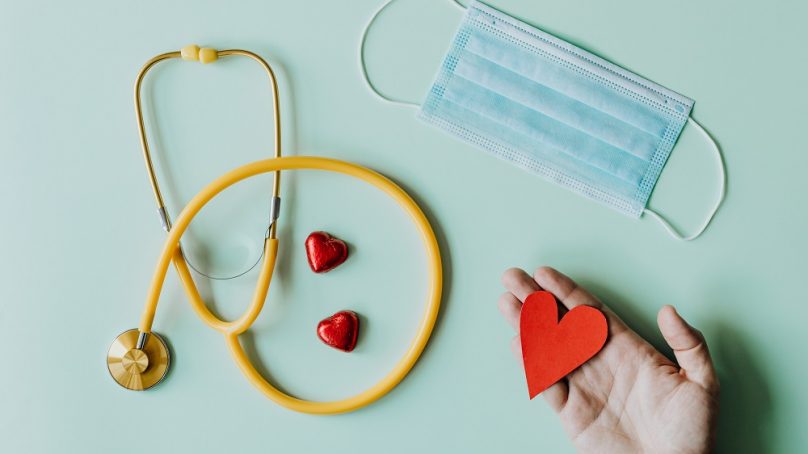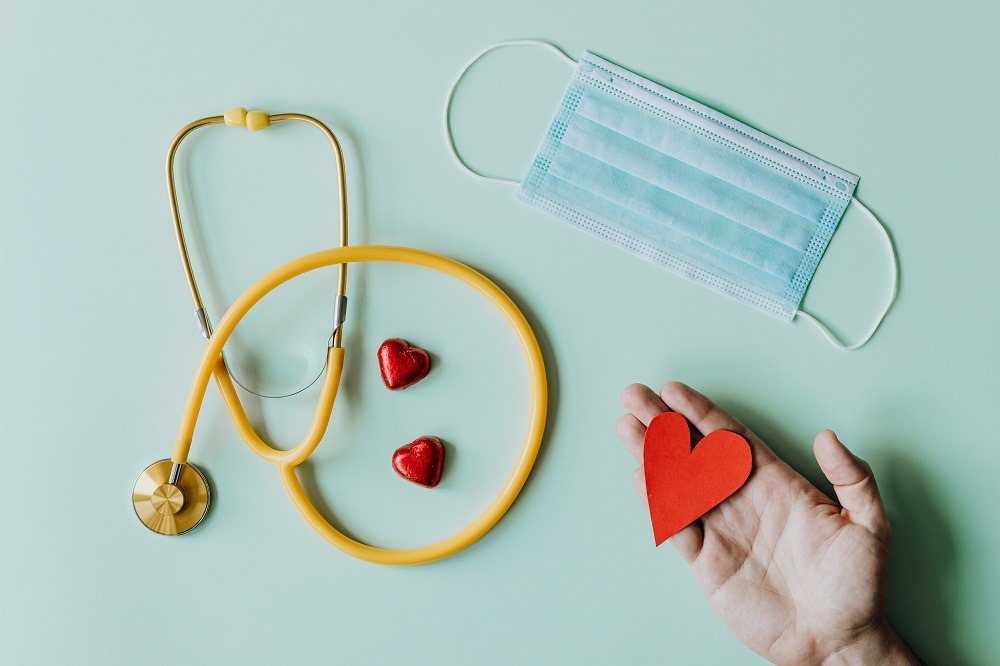
 Hotels and hospitals are both trying to re-establish trust with the public after the initial closures intended to flatten the surge of COVID-19 cases. Worldwide, most hotels have closed, while most hospitals have been closed for non-COVID-19 ‘elective’ surgeries and diagnostics.
Hotels and hospitals are both trying to re-establish trust with the public after the initial closures intended to flatten the surge of COVID-19 cases. Worldwide, most hotels have closed, while most hospitals have been closed for non-COVID-19 ‘elective’ surgeries and diagnostics.
As a result, both hospitals and hospitality face the same future – assuring the public that our facilities are safe. For both, trust is essential – and trust is derived from safety measures that are communicated well. Consider re-imagining your business. Prior to COVID-19, you were a hotel company that had safety protocols. Today, you are a safety company that has hotels.
So what can the hospitality industry learn from hospitals? Here’s what WE Forum advises.
- The safety of your employees comes first
We cannot emphasize this enough. This is the single most important way the hospitality industry can develop trust from customers. There are two critical aspects here; what you do to keep them safe, and how you communicate about what you are doing. Hospitals found they could cut the rate of transmission of the virus among their own workers through universal masking, universal precautions and cleaning protocols. Some portion of the staff of all big businesses will be infected because of the high prevalence in our communities. Whether your employees attribute that infection to your business will be largely related to the efficacy of your safety measures, and how well you communicated that this was your top priority. Make safety your top priority.
- Create an incident command centre
This group should meet every day, and everyone should have a clear role (incident commander, operations chief, planning chief, logistics chief, staffing chief and communications chief). The incident commander should not be your chief executive. Each of your chiefs should be experts in their area, and should possess excellent communication and critical-thinking skills. For a small organization, some of these roles could be assigned to the same person. For larger organizations, these roles should each be assigned to a separate individual, supported by teams. We are dealing with tremendous uncertainty and a general lack of information due to the nature of this crisis. Only a formal incident command structure puts you in a position to make good decisions and execute on those decisions well. Our advice: If you already have an incident command structure, stick to it! Don’t allow areas of the organization to work around that structure. The core of a good incident command process is constant communication. Any pertinent information – any possible problem – must be brought to the command level.
- Universal precautions and training
After the HIV epidemic, healthcare workers have been relentlessly trained to avoid contact with bodily fluids of any kind from patients. That kind of re-training will be needed for everyone in the hospitality industry.
- Cleaning protocols
A hospital room is easier to clean than a hotel room, but rigorous cleaning works. Hospital protocols include waiting an hour after a patient has been moved out (where possible), the use of an anti-viral cleaning agent on all hard surfaces, personal protective equipment for cleaning crews. It is possible that some hotels will use UV light. Consider mounting hand sanitizer dispensers outside and inside of rooms, and near high-touch areas such as elevators. Consider putting wipes inside the rooms so that wary customers can perform their own wipe-down of high-touch surfaces.
Consider placing a handout on every bed that details exactly how the room was cleaned. Consider making cleanliness part of your identity – make it visible. On your website or hotel app, give updates on when the room was cleaned, what disinfectants were used, and how air filters are tested and cleaned. Be the first to market with safety as part of who you are.
- Invest in technology
Move towards ‘low-touch’ experiences. Invest in mobile check-in and encourage people to use it – even if they are standing in the lobby. A best-case scenario would be allowing a guest to enter your building and have no physical contact with any surface outside of their room. This is the iPhone moment for the hospitality industry. Just as healthcare rapidly adopted telehealth, so hotels will need to speed up the shift to online check-in. And the tattered plastic menus at restaurants? They have to go.
- Continue physical distancing
For example, eliminate waiting rooms or crowded lobbies. Customers will not want to stand in crowded lines to check-in. Restaurants will have to reopen with more space between tables.
- Investigate the science of air filtration and aerosol transmission
Hospitals are able to use negative air pressure rooms, which will be difficult for restaurants and hotels. But the reports of aerosol transmission at restaurants suggest investment in clean air-handling equipment.
- Understand and track recommendations as they develop for when individuals are ‘safe‘
We anticipate that tests will be developed to either prove someone does not have an active case of COVID-19, or has antibody testing to demonstrate they have had it and are now safe. This science is in its early stages, but could lead to a ‘travel’ certificate indicating that a staff member or patron is not likely infectious.
- Communicate your commitment to a safe environment for customers and staff alike, and live up to those promises.
Investments in training, technology and safety will pay off for the long-term. Join association ratings for cleanliness and safety. The hotels and restaurants that deliver on safety will differentiate themselves quickly.
The same re-imagining is true for hospitals. We used to be a healthcare company that had safety protocols. Now, we are a safety company that provides healthcare. It is that kind of promise, delivered through your staff, that will encourage your customers to return.
Add to Favorites













